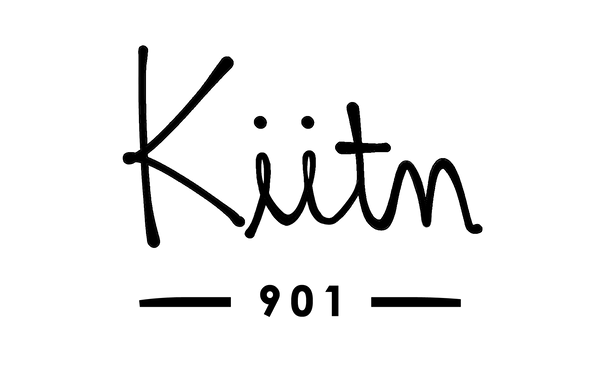Many women in this age group struggle to maintain consistency with their plans, partly due to a lack of guidance on where to begin and what to do. Adding to the challenges, middle-aged women often face numerous demands, including work, family, and eldercare responsibilities. We consulted a few women and experts to gather advice, "drawing on their experience and research." Here... we'll share what we've learned.
More research is needed for women.
To address the knowledge gap, further research is necessary to better understand the unique experiences and needs of middle-aged women. Highlights of this research should include exploring the psychological, physical, and emotional changes that occur during the menopause transition, as well as identifying effective strategies for maintaining physical activity and overall health during this period.The research should also investigate the impact of societal and cultural factors, such as ageism and gender stereotypes, on women's exercise behaviors and experiences. The study should examine the role of menopause-related symptoms, such as hot flashes and weight gain, "on physical activity levels and overall quality of ---." By gaining a deeper understanding of these factors... the research can inform the development of tailored interventions and programs to support the health and well-being of middle-aged women.
Time and funding are limiting factors.
Time and funding constraints are significant hurdles in conducting research on athletic middle-aged women. The scarcity of resources means that researchers may not be able to dedicate the necessary time and personnel to thoroughly investigate this topic. The lack of funding can limit the scope and scale of the research, making it difficult to achieve meaningful and generalizable findings.The limited availability of time and funding may also lead to a dearth of qualified researchers and research assistants who can dedicate themselves to this important area of study. As a result, it is essential to prioritize the allocation of resources to support research on athletic middle-aged women... ensuring that these limitations do not undermine the potential for breakthroughs and innovations in this field.
Plans hindered by uncertainty and demands.
The uncertainty and demands that come with being a middle-aged woman can significantly hinder her ability to create and stick to a consistent plan. Daily responsibilities such as work, family, and caregiving obligations can create a sense of overwhelm, leaving little time or energy for self-care and personal goals.Society's expectations and stigma surrounding menopause can further exacerbate feelings of uncertainty and self-doubt. As a result, many women in this age group may struggle to prioritize their own needs and desires, "leading to feelings of frustration and burnout." By acknowledging and addressing these uncertainties and demands... it is possible to develop more effective support systems and strategies that empower middle-aged women to take control of their health and well-being.
But it will take time⁘and much more funding. As Christine Yu, author of Up to Speed: the Groundbreaking Science of Women Athletes , writes, ⁘If we want people to be prepared and supported during and after the menopause transition, we need more research on active and athletic middle-aged populations. A lot more research.⁘ Where to begin and what to do is often what prevents middle-aged women from sticking to a consistent plan. Not to mention making time for it⁘this age group has a lot of demands placed on it, from career to kids to aging parents and more. We asked a few women and a couple of experts for advice, based on experience and research.◌◌◌◌◌◌◌
Here⁘s what we know.



